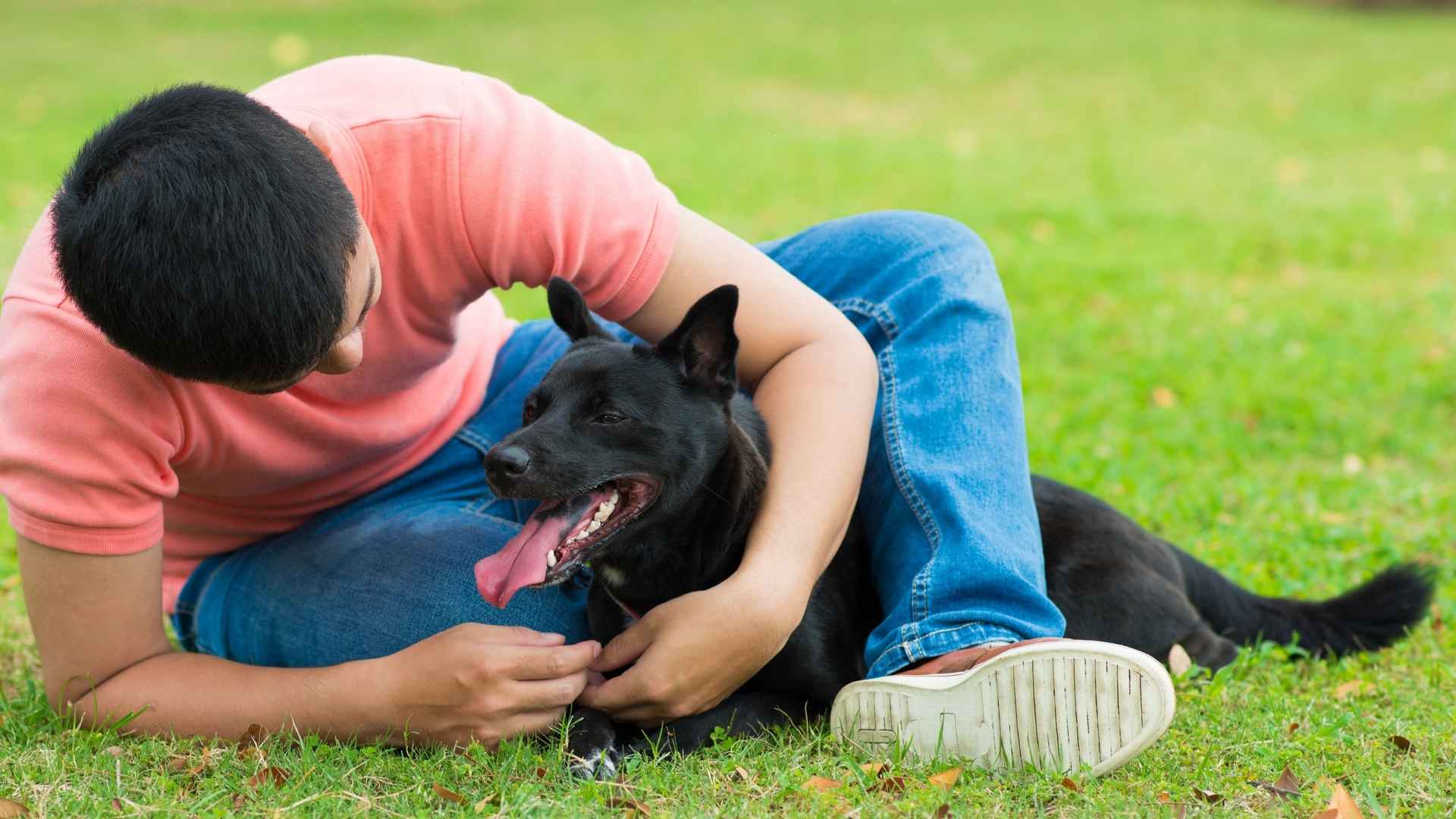Ever noticed how some dogs flinch at a sudden noise or seem to read your emotions like a well-worn book? Just like people, some dogs are more in tune with the world around them, and for highly sensitive dog breeds, that heightened awareness is both a superpower and a responsibility. Roughly 20% of dogs may possess what researchers call canine Sensory Processing Sensitivity (cSPS), a trait similar to what humans experience as high sensitivity.
In a world filled with honking horns, bustling sidewalks, and unpredictable routines, having a sensitive dog can be like owning a four-legged empath. They might startle more easily, need gentler communication, or thrive best in calm, structured environments. Yet, their capacity for empathy, loyalty, and emotional attunement is unmatched.
In this article, we’ll explore breeds known for their emotional depth and reactivity. Whether you’re an experienced pet parent or a curious first-timer, you’ll also find thoughtful insights on how to support these perceptive companions. Let’s dive in and celebrate the dogs who feel it all, because sensitivity, in the right hands, is a beautiful thing.
Highly Sensitive to Stimuli Dog Breeds
1. Border Collie
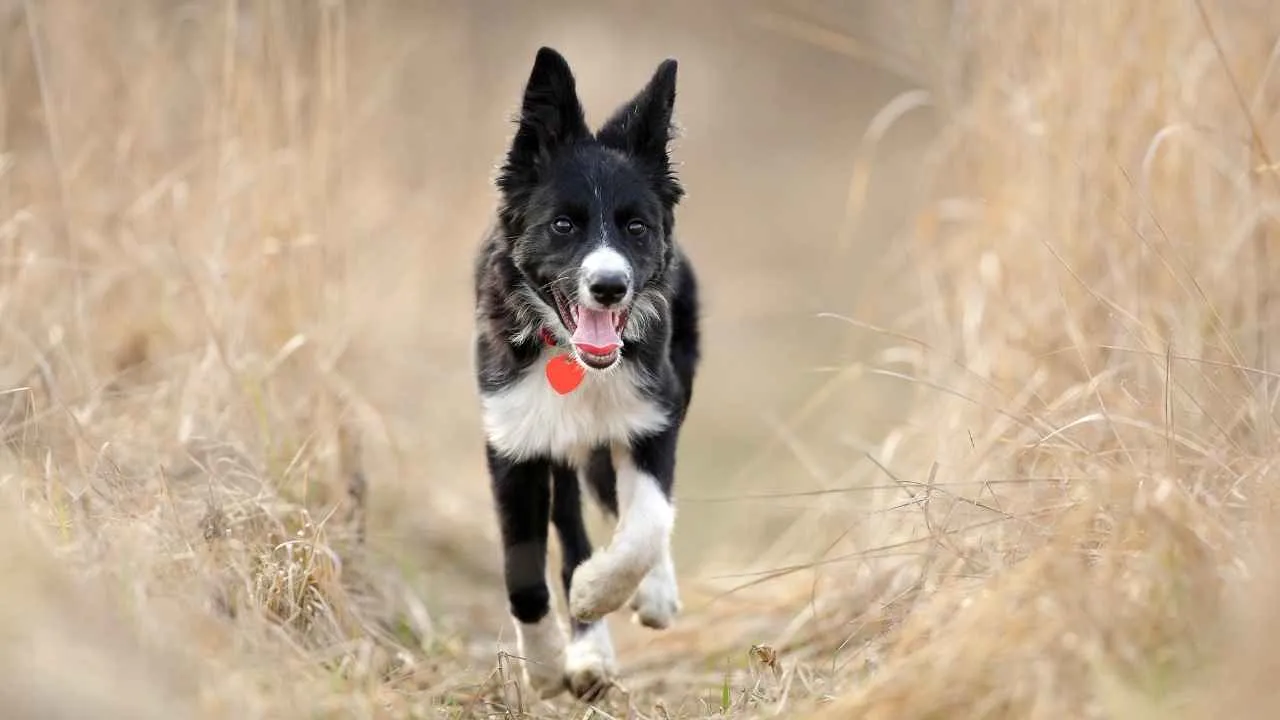
The Border Collie is widely celebrated for its remarkable intelligence and instinctual herding prowess, but it’s also one of the most stimulus-sensitive breeds out there. This dog doesn’t just notice changes in the environment; it anticipates them. From subtle shifts in tone to minor body language cues, the Border Collie picks up on it all, often reacting faster than their human companions can process.
This heightened awareness, while impressive, means the breed thrives best in calm, structured environments. Loud noises, chaotic scenes, or erratic energy levels can lead to overstimulation. It’s not uncommon for Border Collies to become tense or agitated when overwhelmed, especially in unpredictable settings.
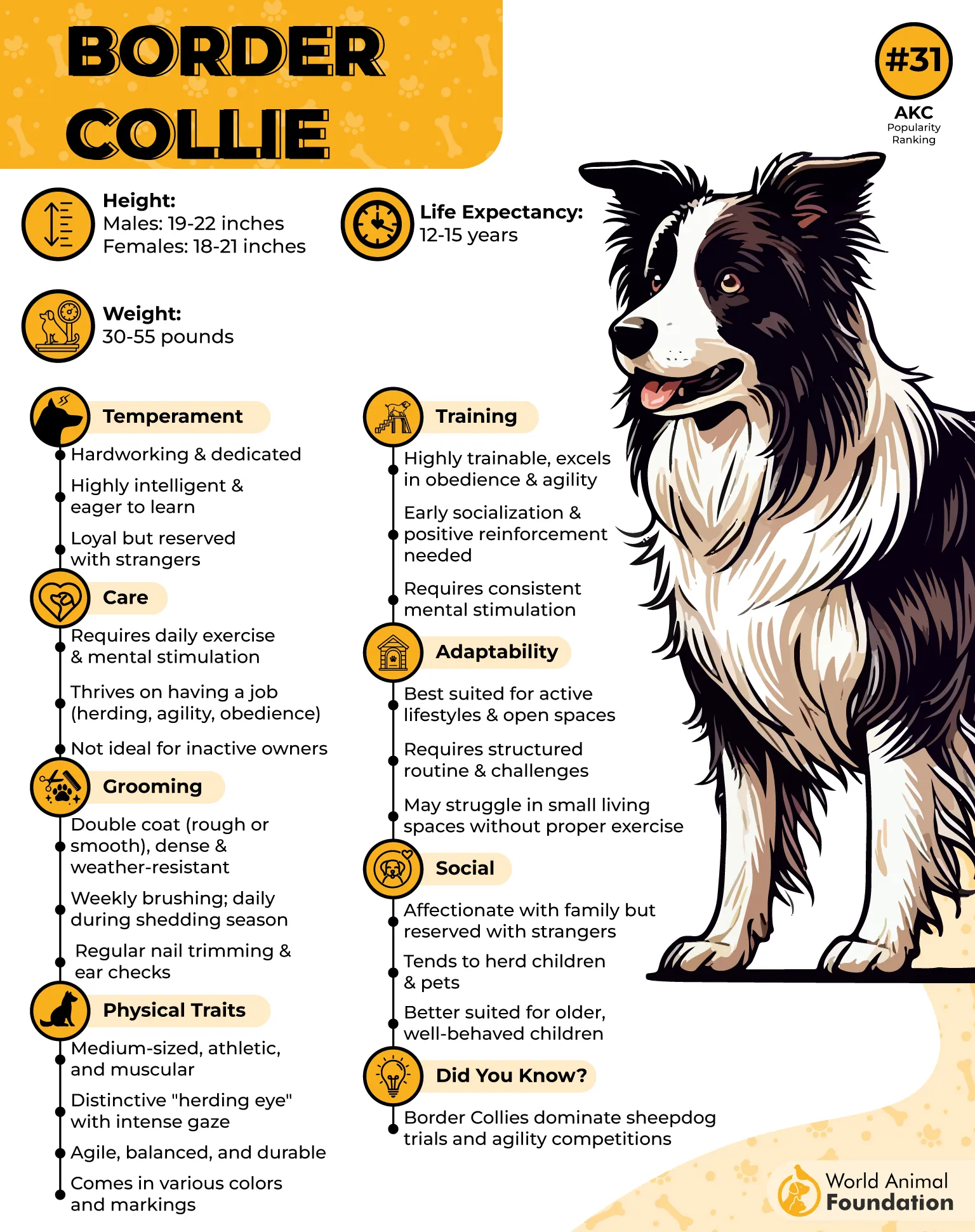
What sets them apart is their incredible ability to focus. When appropriately directed, their sensitivity transforms into an asset, particularly in dog sports, advanced obedience, or service work. Their attentiveness makes them quick learners, though they require mentally engaging tasks to prevent boredom or anxiety.
Social dynamics also influence the Border Collie’s emotional well-being. They often react to their owner’s emotional state and prefer harmonious interactions. Excessive scolding or inconsistency can easily discourage them, as they internalize stress more deeply than many other breeds.
For the right owner, someone with patience, empathy, and a steady routine, a Border Collie is a loyal, loving, and highly intuitive companion. Their sensitivity isn’t a flaw; it’s their superpower. With understanding and structure, they shine in ways only a breed this perceptive can.
2. German Shepherd
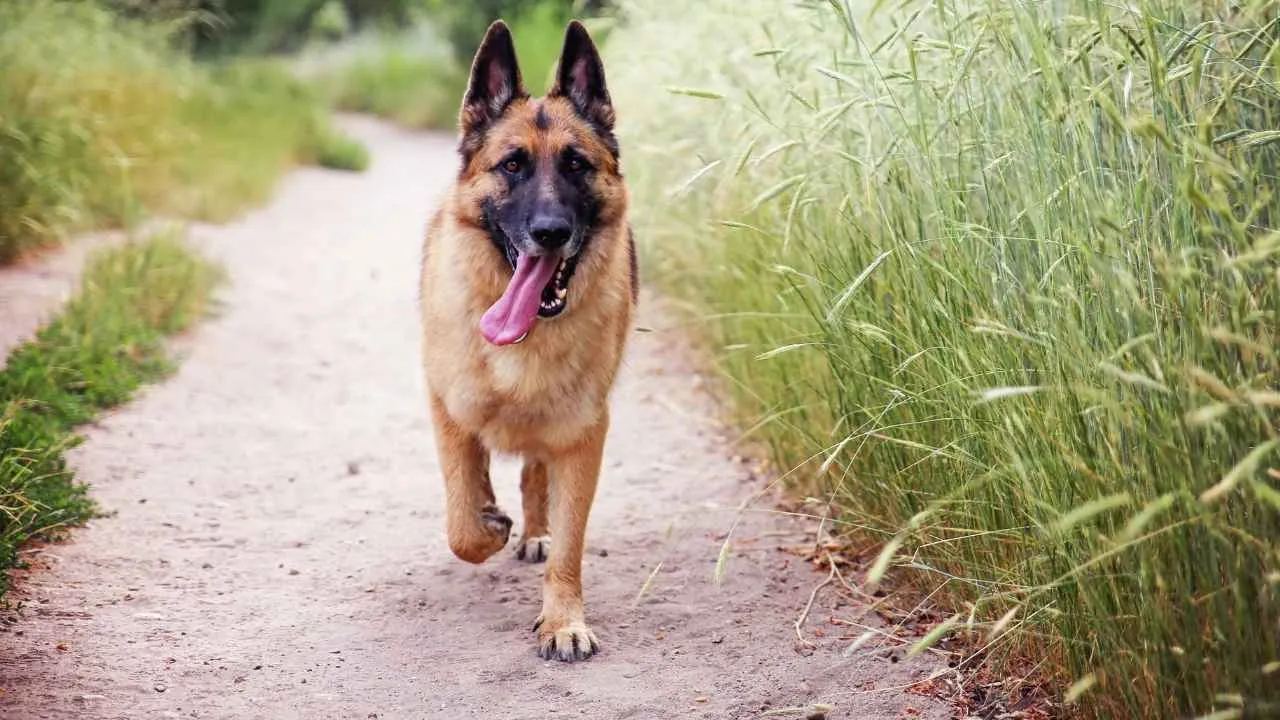
The German Shepherd is a powerhouse of smartness and instinct, often praised for its unmatched versatility. However, beneath its confident demeanor lies a highly attuned nature. German Shepherds are particularly sensitive to environmental changes, making them quick to pick up on subtle cues and shifts in their surroundings. This heightened awareness allows them to excel in roles requiring vigilance, but it also means they can become overstimulated if not properly managed.
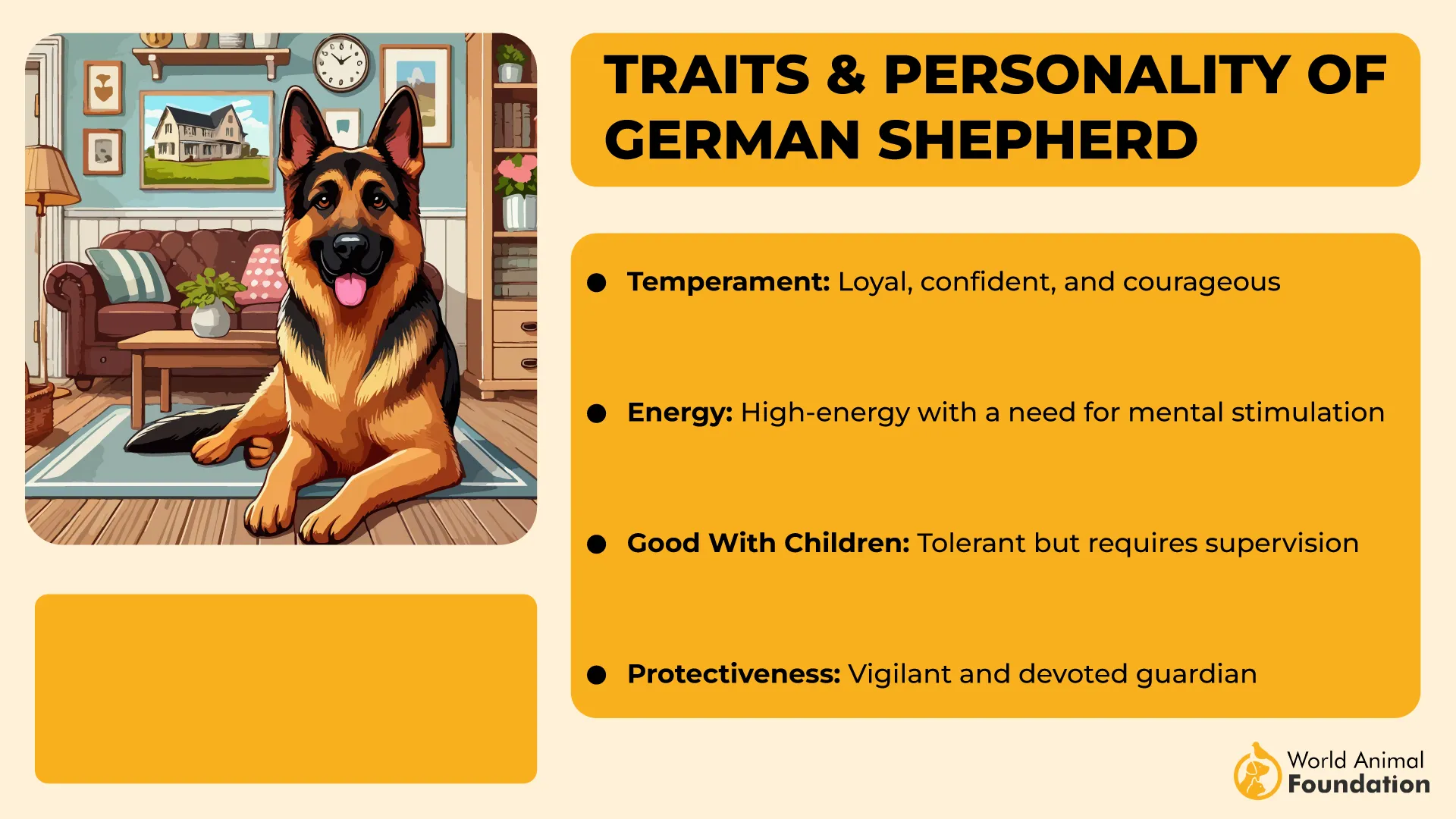
These dogs thrive on structure and predictability. A household that offers routine, consistent cues and a calm demeanor can help them stay balanced. German Shepherds are also emotionally perceptive; they may mirror their owner’s moods or grow uneasy during arguments or stress. Because of this, they do best with handlers who are emotionally stable and committed to providing a supportive environment.

Their keen sensitivity doesn’t compromise their courage or working ability. In fact, it enhances it. This breed’s responsiveness is what makes them top choices for service work, search and rescue, and law enforcement. However, they’re not just workhorses; they’re also loyal family members that bond deeply with their humans.
Training a German Shepherd requires patience and a positive approach. Harsh correction can cause them to shut down or develop nervous habits. With consistent reinforcement, these dogs can channel their sensitivity into remarkable focus and obedience.
For the right person, a German Shepherd offers an incredible mix of smartness and an eager-to-please spirit. Their sensitivity, when nurtured, becomes their greatest asset.
3. Poodle
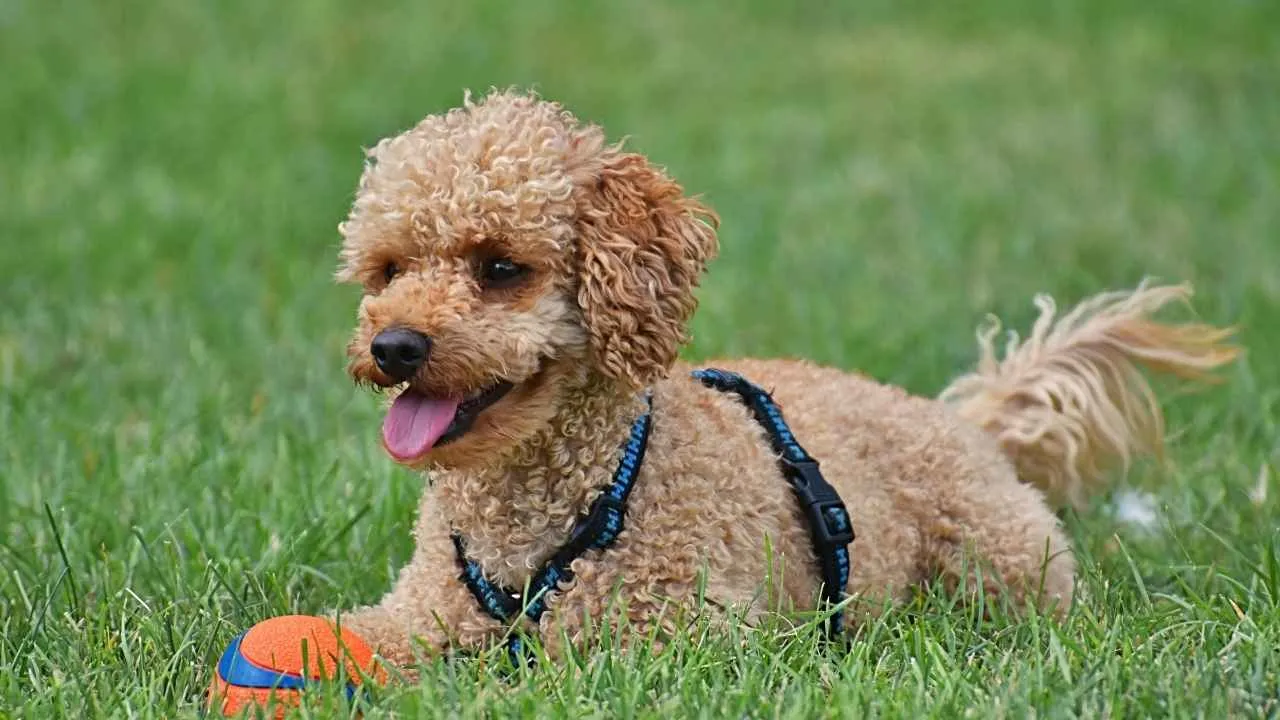
Poodles are more than just stylish show dogs; they’re deeply intuitive companions with a strong sensitivity to their surroundings. This breed’s high awareness isn’t limited to their environment; Poodles often pick up on their owner’s emotions and moods, forming an unusually responsive bond. Whether it’s a change in household routine or a subtle shift in tone, they’re likely to notice it and react accordingly.
This attentiveness makes Poodles exceptional at tuning into their environment, but it also means they can become overstimulated more easily than other breeds. Sudden noises or chaotic settings may cause stress if not properly managed. Their strong reactions to subtle cues are part of their charm, but they thrive best in calm, predictable environments where they can process new stimuli at their own pace.
Training a Poodle is typically a breeze thanks to their intelligence, but it requires patience and consistency. Their sensitivity can lead to hesitation or anxiety if corrections are too harsh, so positive reinforcement works best. Gentle encouragement paired with mental engagement goes a long way in boosting their confidence.
As natural people-pleasers, Poodles respond well to affectionate interactions and structured routines. This emotional connection isn’t just endearing; it’s essential to their well-being. They crave companionship and can become withdrawn without regular, positive interaction.
All in all, Poodles exemplify how emotional awareness and intelligence go hand in hand. For owners who are attuned to their dog’s needs and willing to offer gentle guidance, a Poodle can be a remarkably rewarding and emotionally rich companion.
4. Australian Shepherd

Bold, alert, and highly responsive, as per Britannica, the Australian Shepherd is the quintessential sensitive working dog. Their acute awareness of their surroundings makes them exceptional herders, always ready to react to even the subtlest changes in their environment. This heightened sensitivity isn’t limited to movement; they’re also remarkably in tune with human emotions, often picking up on their owner’s moods and stress levels.
These dogs thrive on engagement and purpose. Without regular mental and physical stimulation, they can become overwhelmed or anxious, especially in environments filled with unpredictable sights and sounds. A chaotic household or noisy neighborhood might stress them, while a structured routine and clear communication keep them confident and content.
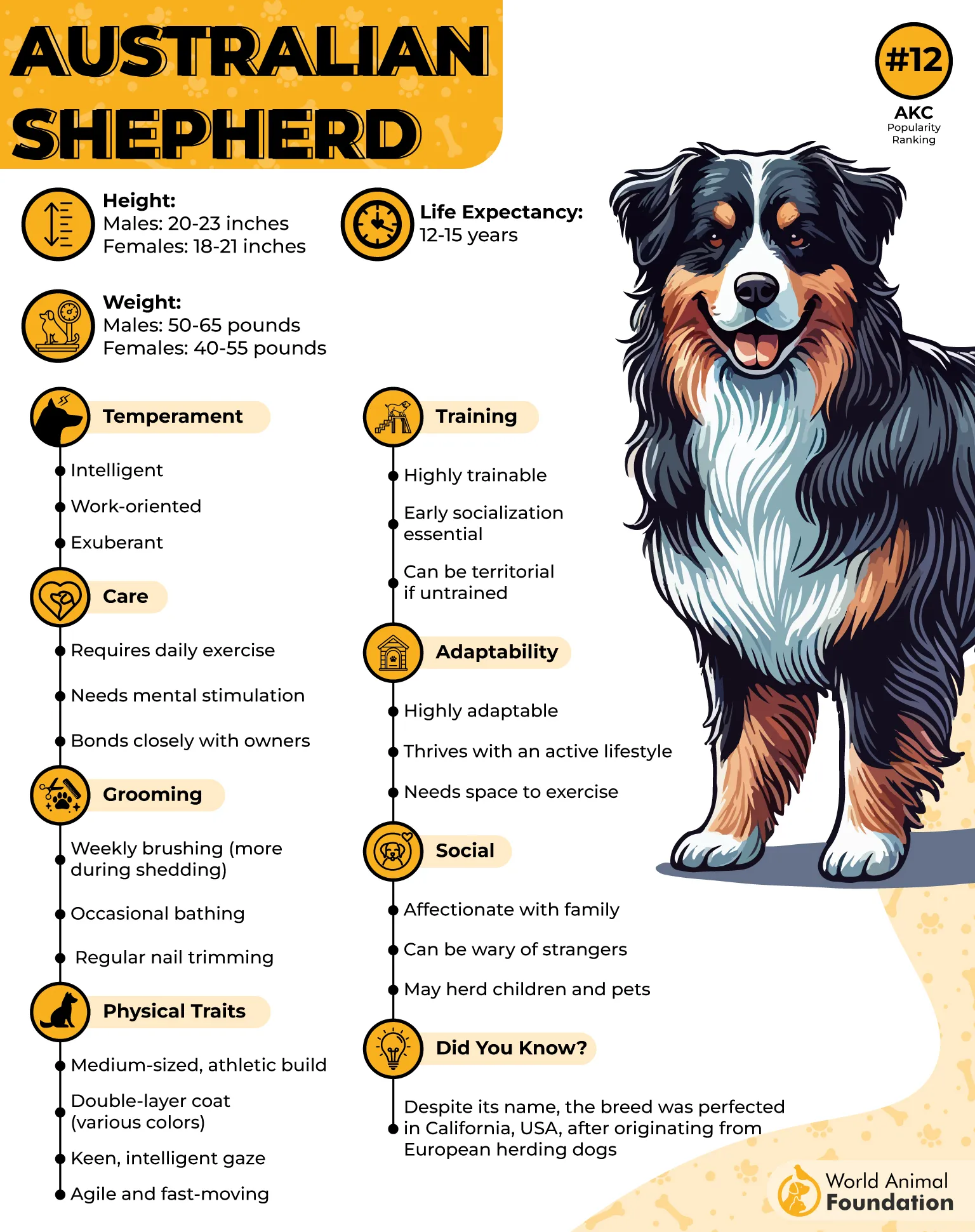
Australian Shepherds are not just responsive; they’re also deeply intuitive. They tend to anticipate commands, which can be both impressive and challenging during training. Because of this, calm consistency and gentle guidance are key. Harsh corrections or erratic schedules may cause unnecessary stress.
Their sensitivity makes them incredibly bonded companions. They often form tight-knit attachments to their people and can struggle with separation or emotional neglect. They’re happiest when they’re both mentally challenged and emotionally supported.
Ideal for experienced dog owners or those willing to learn, Australian Shepherds offer a rewarding companionship that thrives on empathy, structure, and meaningful interaction. Their alert minds and emotional depth make them unforgettable partners for the right home.
5. Great Pyrenees

According to AKC, Great Pyrenees are highly intelligent with a calm personality. Despite their commanding presence, the Great Pyrenees is surprisingly attuned to subtle changes in their surroundings. Originally bred to guard livestock in the mountains, this breed combines gentle watchfulness with a keen sensitivity to sound, movement, and even emotional cues from their human companions. Their perceptiveness makes them excellent guardians, not just of property, but of people too.
This sensitivity, however, doesn’t translate into anxious energy. Instead, the Great Pyrenees tends to remain calm and measured, even in stimulating environments. They take a thoughtful approach to unfamiliar situations, often opting to observe before acting. This trait can be especially beneficial in households seeking a vigilant but not overly reactive dog.
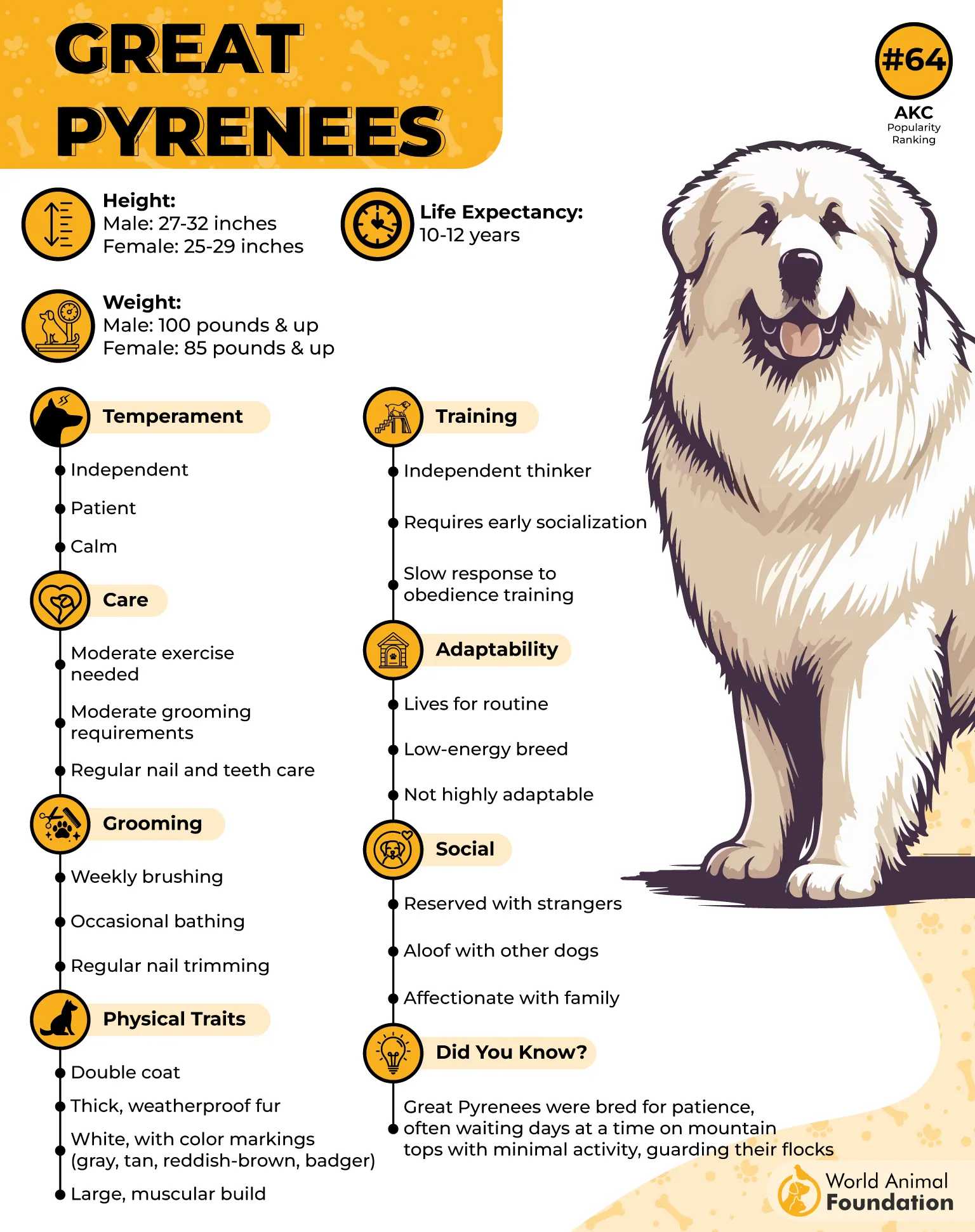
Still, their awareness means they can be particular about certain interactions, especially with strangers or unexpected noises. Positive reinforcement training helps them build confidence, reinforcing their natural instincts without overstimulation. A consistent routine also supports their emotional balance.
While they can seem aloof to outsiders, the Great Pyrenees forms deep bonds with its family. Their affection runs deep, and they are often attuned to their owner’s moods. A peaceful home environment helps them thrive emotionally and physically.
All in all, the Great Pyrenees represents a beautiful balance of sensitivity and strength. They are a thoughtful breed; gentle giants who notice more than they let on, and whose quiet intuition is one of their most admirable traits.
6. Labrador Retriever

Few breeds combine emotional intelligence and sensitivity quite like the Labrador Retriever. While often celebrated for their friendliness and adaptability, Labs also possess an exceptional awareness of their surroundings, making them especially receptive to both subtle cues and changes in the environment. This heightened responsiveness can make them incredibly intuitive companions, but also means they may need a bit more support in busy or unpredictable settings.
Labradors are known for their eagerness to please and intelligence, as per PetMD. These qualities of this breed play a significant role in their sensitivity. They often pick up on their owners’ moods and tone of voice with remarkable precision, adjusting their behavior accordingly. This emotional attunement makes them deeply affectionate and empathetic pets, but it can also make them prone to stress if scolded harshly or placed in chaotic environments.
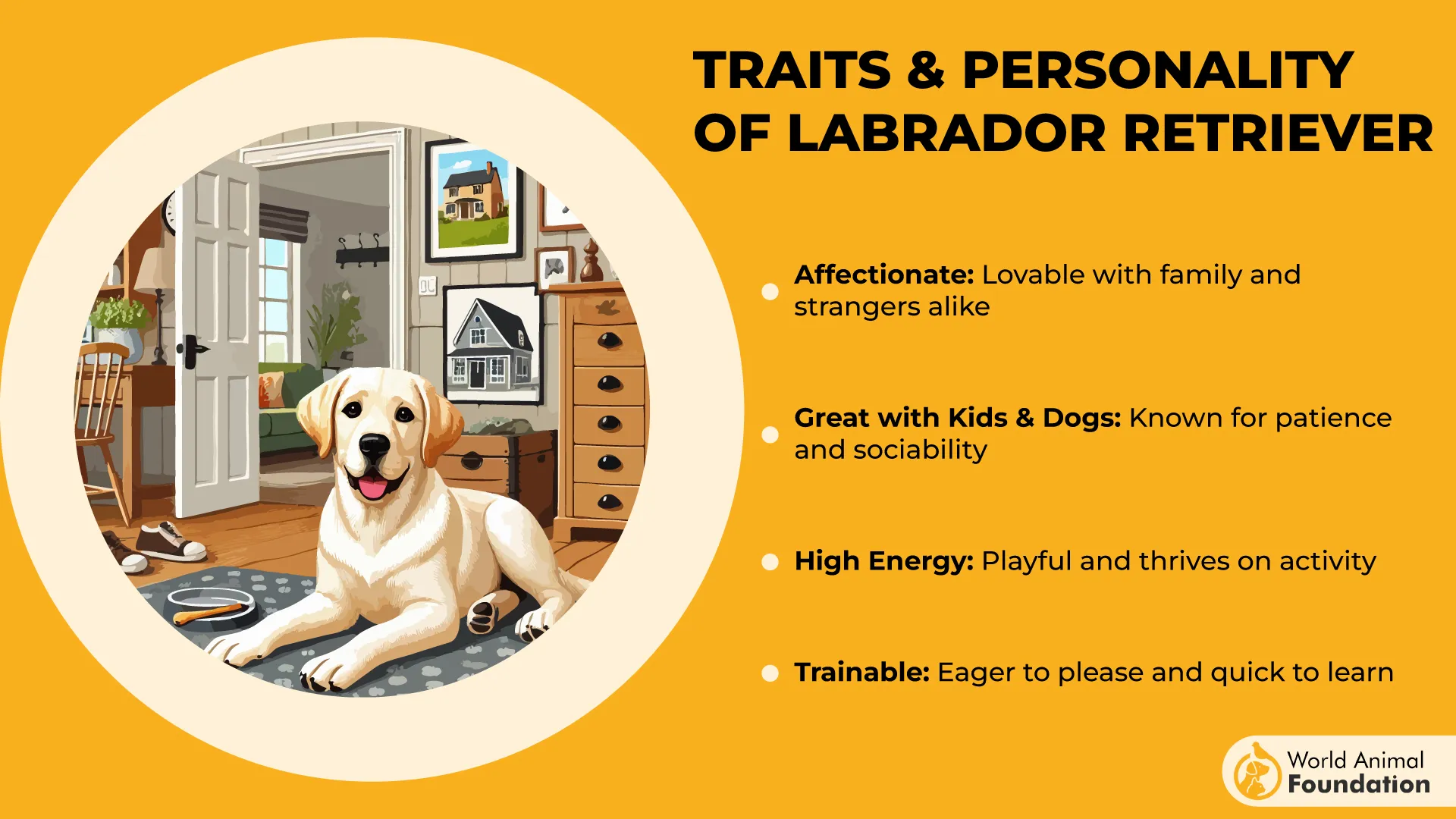
Their keen responsiveness extends to physical sensations as well. Labs tend to be quite aware of discomfort, unusual sounds, or unfamiliar smells and can react strongly to overstimulation. This trait isn’t necessarily a flaw; it simply means they thrive best in consistent, gently structured surroundings.
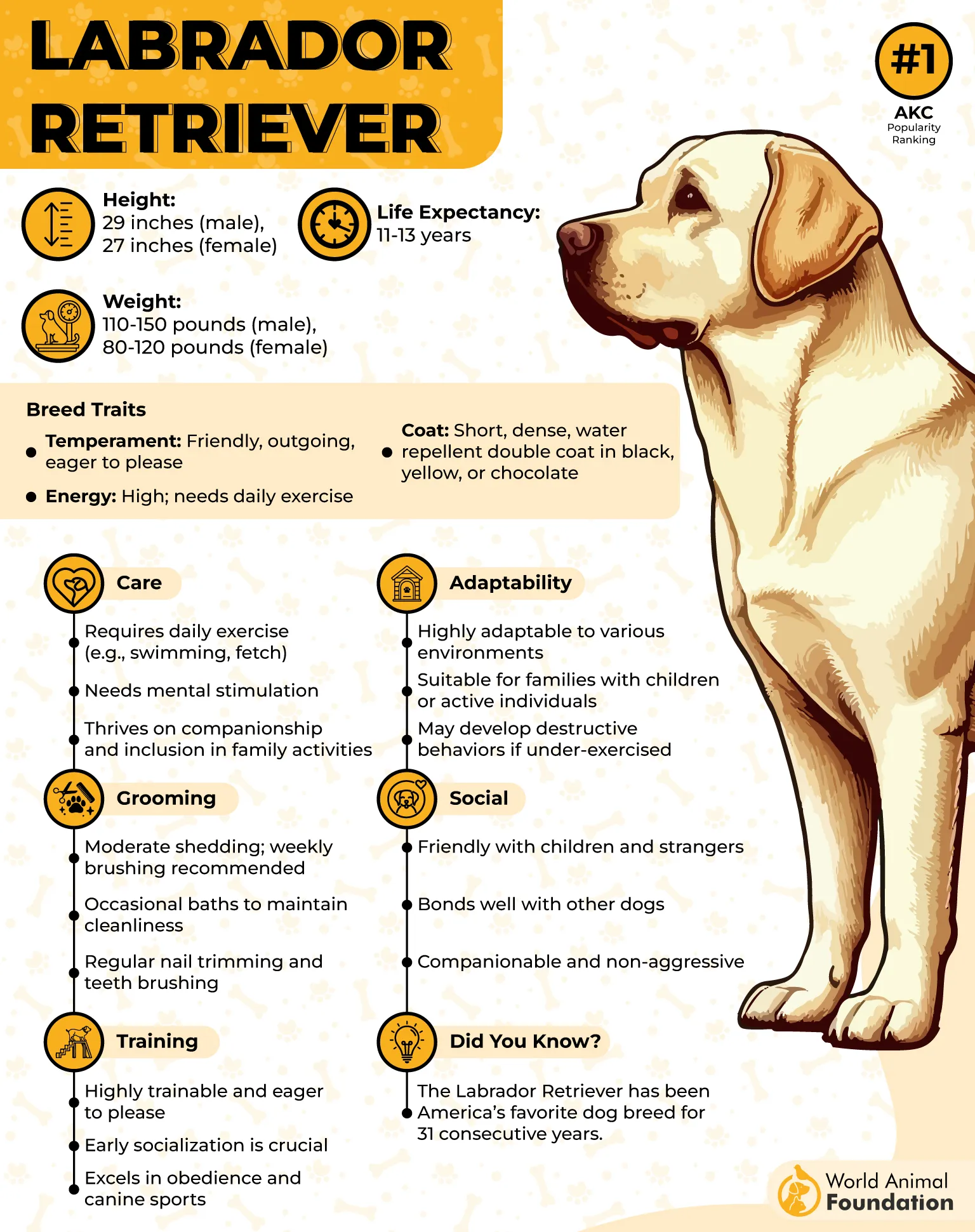
Training a Labrador requires patience, positive reinforcement, and a soft touch. When guided with kindness and clarity, they’re quick learners and eager participants, eager to form a cooperative bond. Harsh corrections, however, may cause them to withdraw or become anxious.
For those looking for a dog that’s emotionally in tune and deeply loyal, the Labrador Retriever offers a beautifully sensitive spirit wrapped in a playful, affectionate package.
7. Shetland Sheepdog
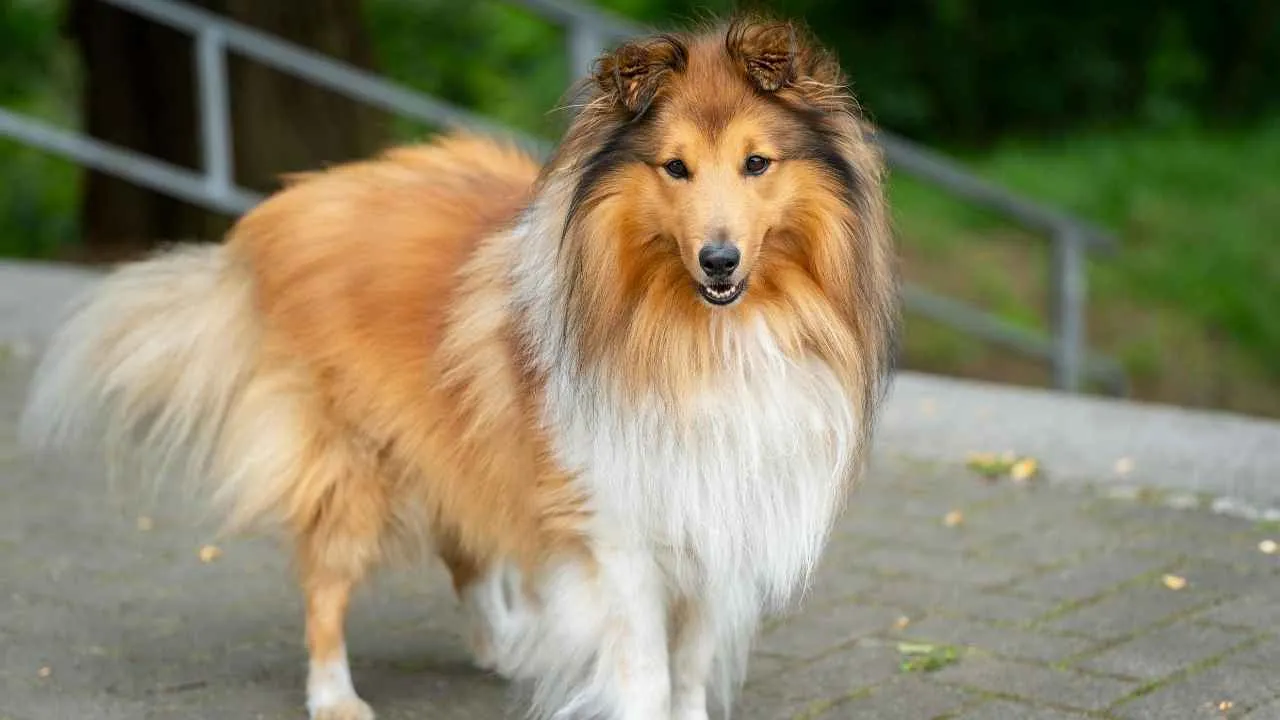
Gentle, bright, and always tuned in, the Shetland Sheepdog exemplifies high sensitivity in a companion. Often referred to as “Shelties,” these dogs are incredibly perceptive of their environment and emotions around them. From subtle changes in tone to unspoken shifts in energy, Shelties pick up on details that many other breeds might overlook, making them especially attuned to their humans.
Emotionally intelligent, Shelties are quick to bond deeply with their families and tend to be cautious around strangers. Their reserved nature doesn’t mean they’re shy; rather, they prefer familiarity and thrive in stable, calm environments. Loud noises, chaotic settings, or harsh discipline can overwhelm them, which is why gentle reinforcement and consistent routines work best.
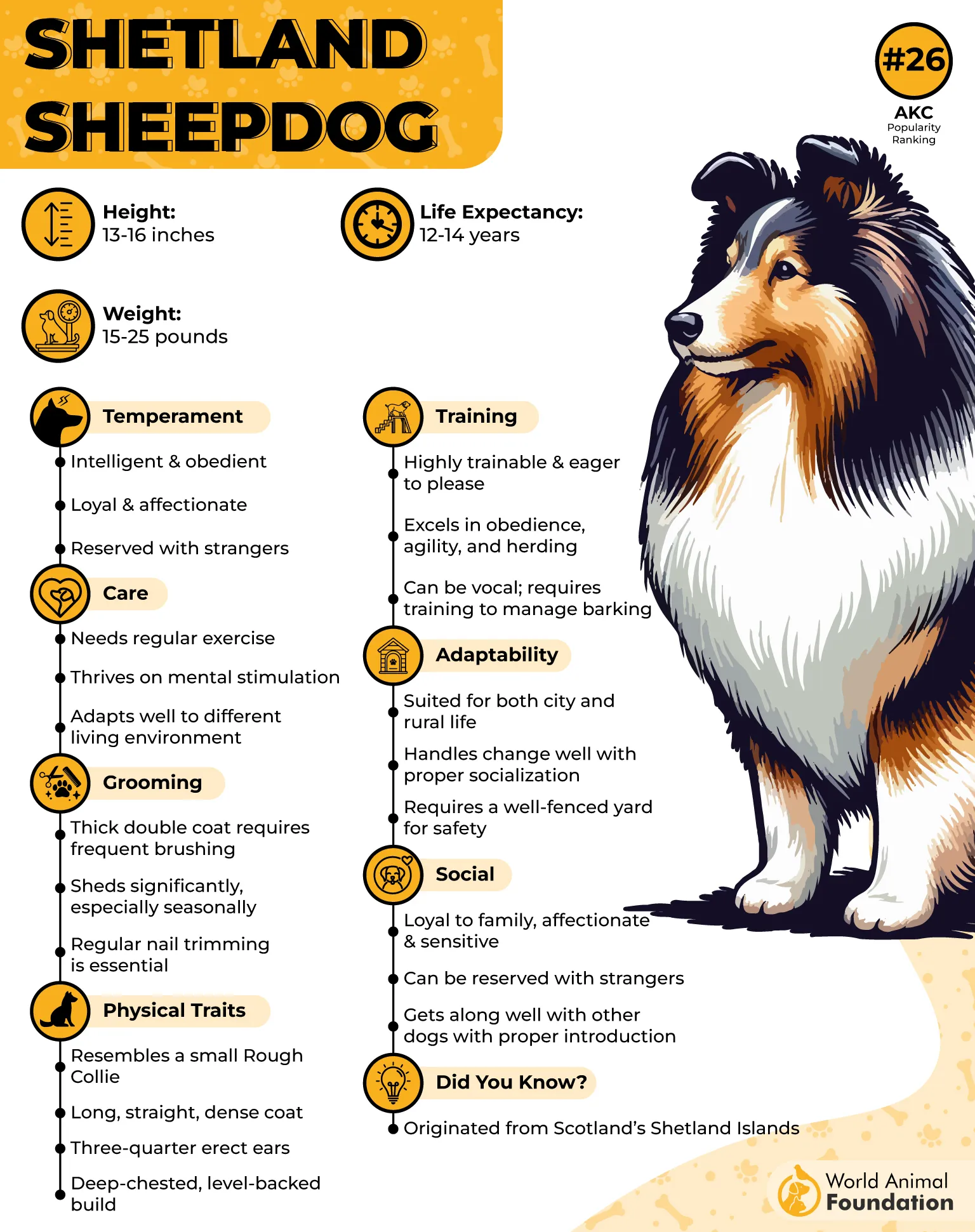
These dogs are not just sensitive emotionally; they’re highly alert to visual and auditory stimuli, which makes them fantastic watchdogs despite their smaller stature. A passing squirrel or a sudden knock at the door won’t go unnoticed. While they aren’t aggressive, their attentiveness and vocal nature mean they’re quick to alert you when something’s amiss.
Their sensitivity extends to learning and behavior. Shelties respond exceptionally well to training that’s positive, patient, and reward-based. However, their eagerness to please can turn into stress if they feel misunderstood or scolded harshly, so they require handlers who are just as emotionally aware as they are.
All in all, the Shetland Sheepdog brings together sharp intelligence, emotional depth, and an innate sensitivity that’s hard to match. With the right approach, they offer a companionship that feels truly connected, like they understand you just as much as you understand them.
Conclusion
Being highly sensitive isn’t a flaw; it’s a fascinating trait that makes certain dog breeds uniquely in tune with the world around them. From reading human emotions to noticing the subtlest environmental changes, these perceptive pups experience life through a more finely tuned lens. Throughout the article, we’ve met some of the most sensitive breeds; many of them herding dogs or intuitive pet dogs, that don’t just hear and see, they feel. That emotional depth makes them incredibly loyal, intuitive, and endearing companions.
If you’re someone who values emotional connection, thrives on routine, or just wants a dog who “gets you,” these breeds may be your perfect match. With patience, a nurturing environment, the right amount of mental stimulation, and an awareness of how owner personality influences a dog’s well-being, sensitive dogs don’t just adapt; they flourish. So if you’re ready to welcome a dog who’s all heart (and maybe a touch dramatic during thunderstorms), know that you’re also getting a friend who listens without words and loves without limits. Sometimes, the dogs who feel the most make us feel the most in return.


